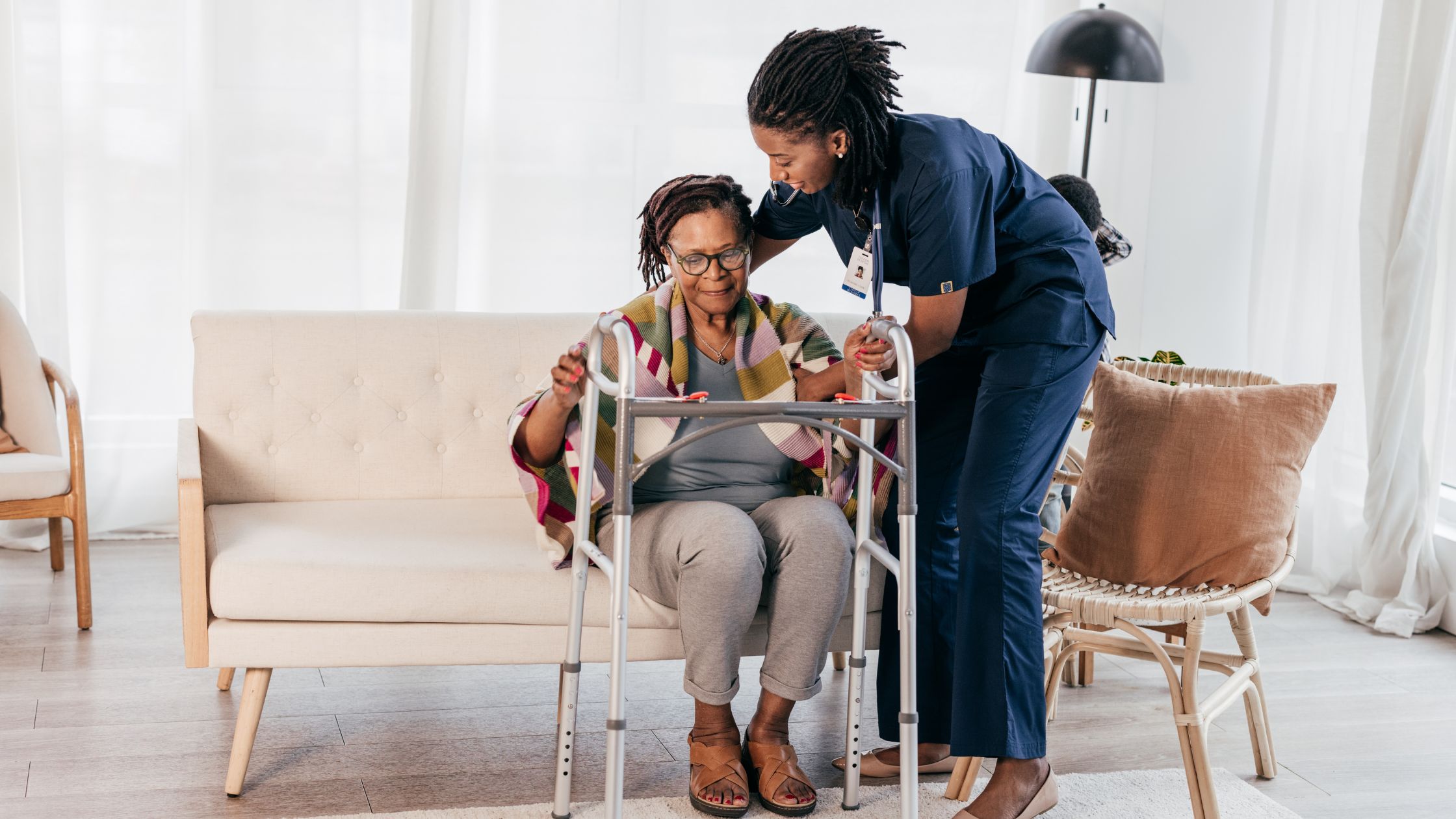
Providing live-in care for a loved one requires careful planning and the right equipment to ensure their comfort, safety, and well-being. The right tools and devices can make a significant difference in the quality of care, making daily tasks easier for both the carer and the individual receiving care. This blog will guide you through the process of choosing the right live-in care equipment, ensuring a safe and supportive environment for your loved one.
Understanding the Needs
The first step in choosing the right equipment is understanding the specific needs of the individual. These needs can vary widely depending on their health conditions, mobility, and personal preferences. Conducting a thorough assessment with the help of healthcare professionals can help identify the essential equipment required for effective care.
Essential Live-In Care Equipment
Here are some categories of equipment that are commonly needed for live-in care:
Mobility Aids: These devices help individuals move around more safely and comfortably. Examples include wheelchairs, walkers, canes, and mobility scooters. Selecting the right mobility aid depends on the person’s level of mobility and specific requirements.
Bathing and Toileting Aids: Maintaining hygiene is crucial for health and dignity. Equipment such as shower chairs raised toilet seats, grab bars, and commodes can make bathing and toileting safer and easier.
Medical Equipment: Depending on the individual’s health conditions, you may need various medical devices. This could include blood pressure monitors, glucose meters, nebulisers, and oxygen concentrators. Ensure that these devices are easy to use and meet the necessary medical standards.
Bedroom Aids: A comfortable and safe sleeping environment is essential. Adjustable beds, bed rails, pressure relief mattresses, and overbed tables can enhance comfort and safety. These aids help with getting in and out of bed, reducing the risk of falls.
Lifting and Transfer Aids: For individuals with limited mobility, lifting and transfer aids are crucial. Hoists, transfer boards, and slide sheets can assist carers in moving the person safely, reducing the risk of injury.
Daily Living Aids: These aids support independence in daily activities. Examples include dressing aids, eating utensils with special grips, reachers, and pill organisers. These tools can make daily tasks more manageable and less frustrating.
Communication Aids: For individuals with speech or hearing impairments, communication aids such as speech-generating devices, hearing aids, and amplified telephones can be vital for maintaining social interactions and managing care.
Factors to Consider When Choosing Equipment
When selecting live-in care equipment, consider the following factors:
Safety: Ensure that the equipment meets safety standards and is appropriate for the user’s condition. Check for safety features such as non-slip surfaces, sturdy construction, and emergency release mechanisms.
Comfort: The equipment should be comfortable for the user. Look for adjustable features that can be tailored to fit their body size and preferences.
Ease of Use: Choose equipment that is easy to operate for both the carer and the individual receiving care. Complicated devices can cause frustration and may not be used properly.
Durability: Investing in durable equipment can save money in the long run. High-quality materials and construction ensure that the equipment will last and provide reliable support.
Cost: While it’s important to invest in quality equipment, consider your budget and explore funding options. Some equipment may be covered by insurance or available for rental.
Personalisation: Where possible, choose equipment that can be personalised to meet the specific needs and preferences of the individual. Customised solutions can provide better support and comfort.
Sourcing Live-In Care Equipment
There are several ways to source the necessary equipment for live-in care:
Medical Supply Stores: These stores offer a wide range of equipment and can provide expert advice on the best options for your needs. Staff can demonstrate how to use the equipment and help with fitting.
Online Retailers: Many online retailers specialise in medical and care equipment. This can be a convenient way to compare products and prices, though it’s important to ensure that the items meet safety standards.
Healthcare Providers: Doctors, nurses, and occupational therapists can recommend specific equipment and may be able to facilitate access through healthcare networks or insurance providers.
Charities and Non-Profit Organisations: Some organisations offer equipment loan schemes or financial assistance for purchasing care equipment. These can be valuable resources for families on a tight budget.
Rental Services: For short-term needs or to try out equipment before making a purchase, rental services can be a practical solution. This option is particularly useful for expensive items like hoists or specialised beds.
Implementing the Equipment
Once you have sourced the necessary equipment, it’s important to implement it correctly:
Training: Ensure that the carer and the individual receiving care are trained in the proper use of the equipment. This may involve demonstrations from suppliers or healthcare providers.
Regular Maintenance: Keep the equipment in good working condition by performing regular maintenance checks. Follow the manufacturer’s guidelines for cleaning and servicing.
Safety Checks: Check all the equipment regularly for any signs of damage or wear and tear. Repair or replace any faulty equipment promptly to ensure safety.
Feedback and Adjustment: Continuously seek feedback from the individual receiving care and the carer. Adjust the use of the equipment as needed to ensure it meets the changing needs and preferences of the user.
Choosing the right live-in care equipment is essential for ensuring the safety, comfort, and well-being of individuals receiving care at home. By understanding the specific needs, considering key factors such as safety, comfort, and ease of use, and sourcing quality equipment, you can create a supportive and efficient care environment. Regular maintenance and proper training are also crucial for effective use. With the right equipment, live-in care can significantly enhance the quality of life for both the individual receiving care and their family.
FAQs
What should I consider when selecting mobility aids for live-in care?
When selecting mobility aids, consider the individual's specific mobility needs, the safety features of the device, ease of use, and the environment where it will be used. Consulting with healthcare professionals can provide guidance tailored to your loved one’s condition.
Are there financial assistance options available for purchasing live-in care equipment?
Yes, there are various financial assistance options available, including insurance coverage, government programs, and support from charities and non-profit organisations. It's worthwhile to explore these options to help manage the cost of necessary equipment.
How often should live-in care equipment be inspected and maintained?
Live-in care equipment should be inspected regularly, with routine maintenance checks performed according to the manufacturer’s guidelines. Regular inspections help ensure the equipment remains safe and functional, and that any necessary repairs or replacements are made promptly.

 Log in with Facebook
Log in with Facebook 









